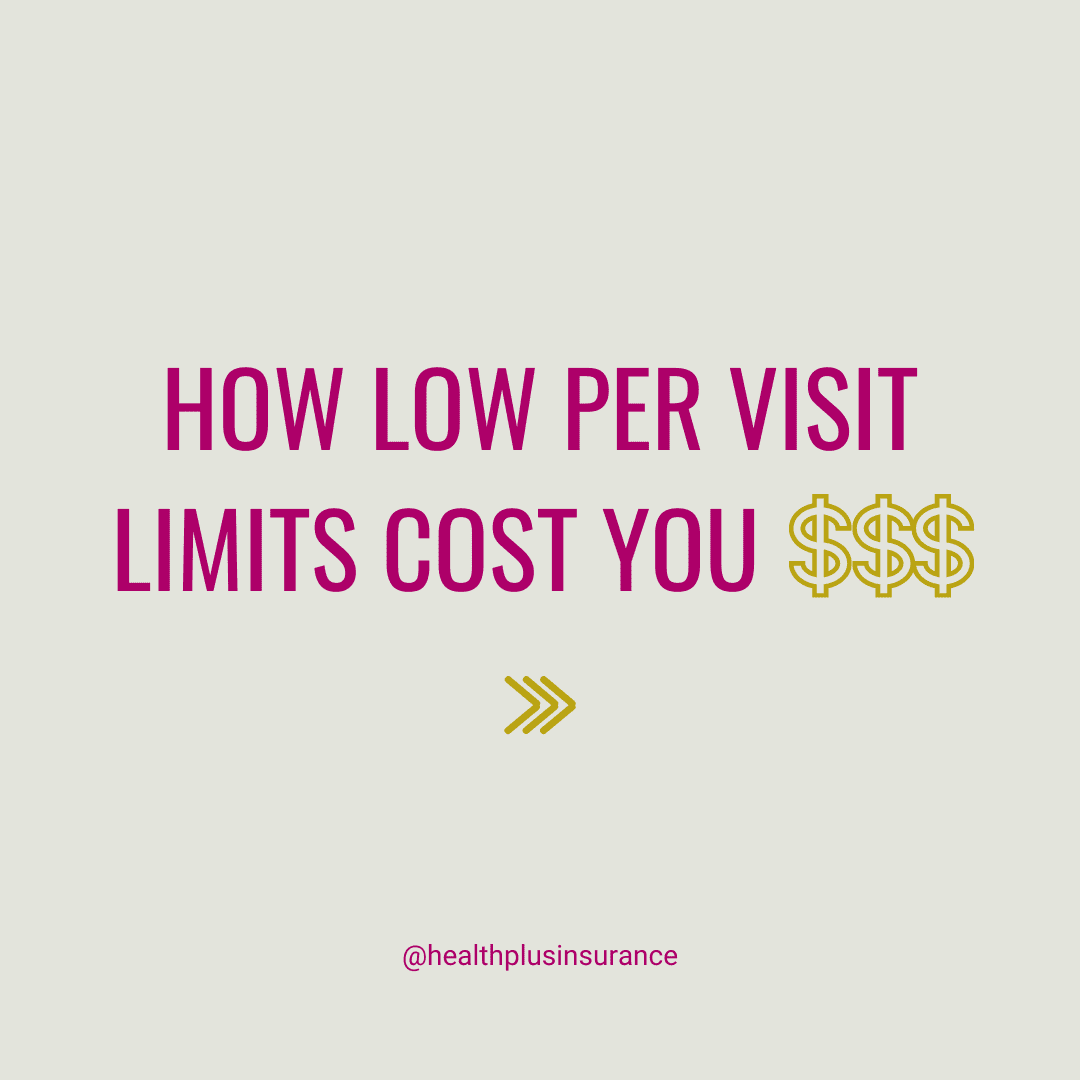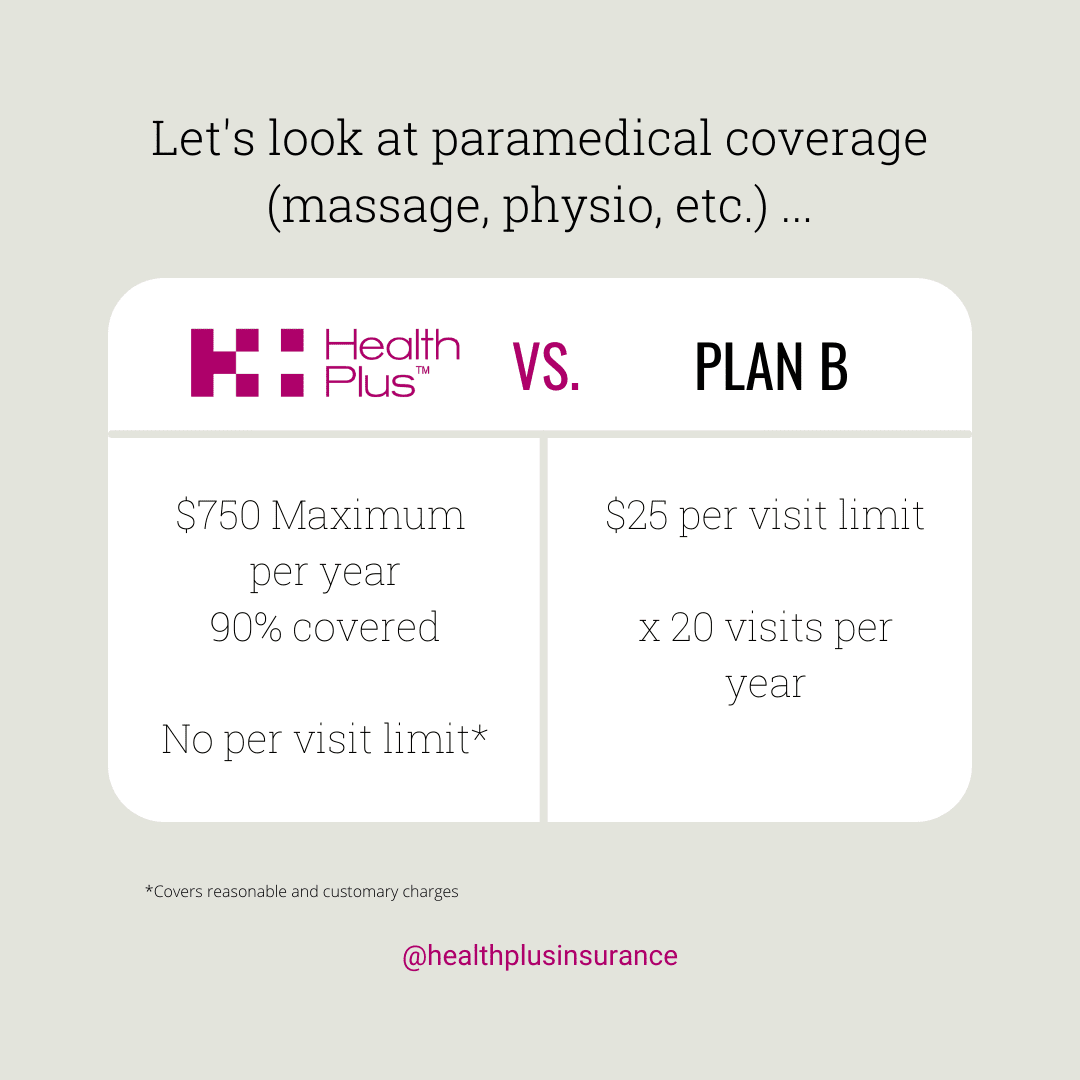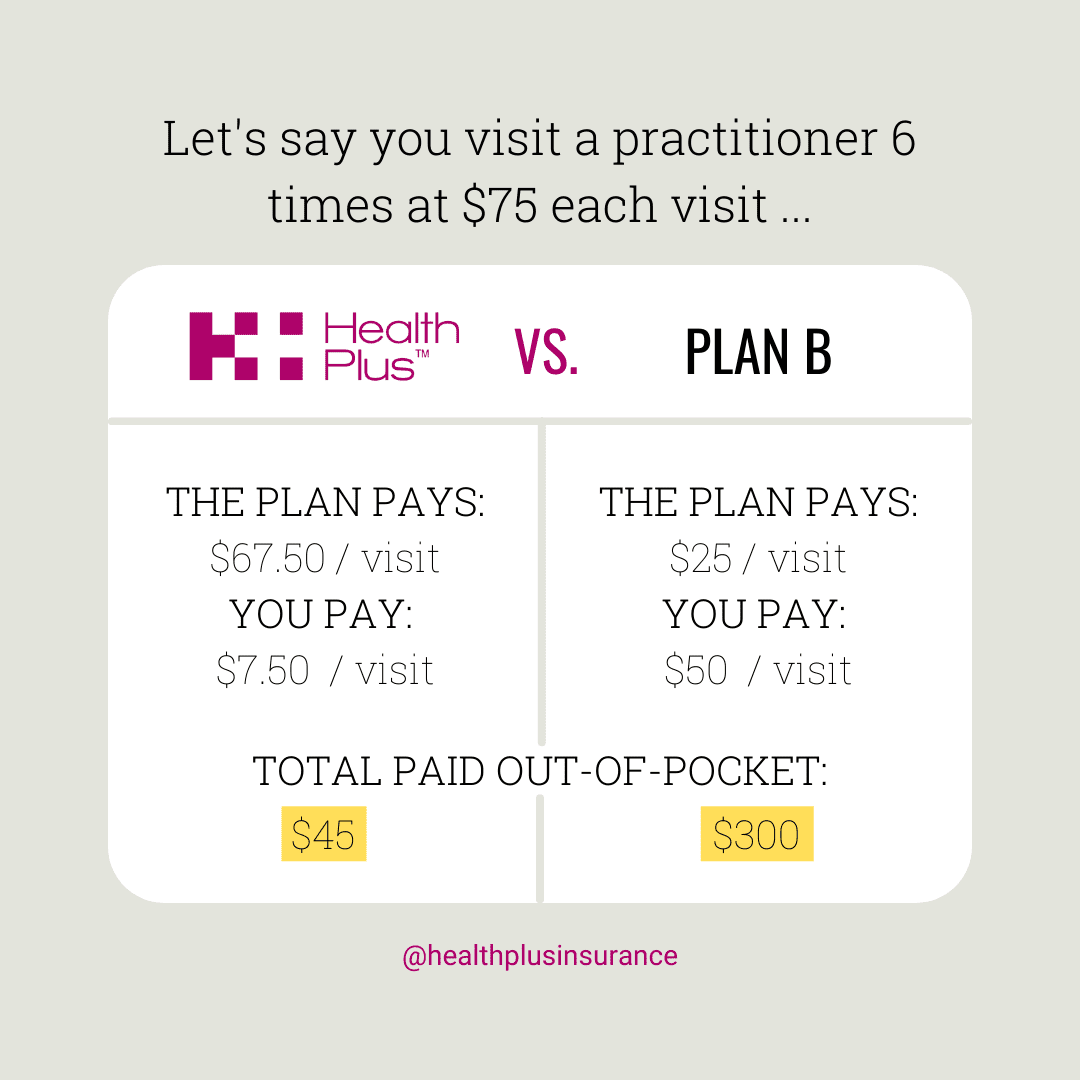
Prescription for a Healthy Holiday Season
Prescription for a Healthy Holiday Season ... expect side effects
Favourite time of year? Or just want the fuss to finish? No matter how you experience the holidays, there’s extra wear and tear on body and soul. For some, it’s an overload of social commitments and non-stop to-do’s while others feel more alone, anxious or sad. Every one of us could use a boost to our health. Fortunately, there are remedies for seasonal stress…no pharmacy required. Here’s the prescription for a healthy holiday season. Best taken daily.
Say No.
Take yourself off autopilot that leads to overwhelm. Send regrets for occasions that don’t appeal and let go of tasks that involve more stress than joy. Set boundaries. That may mean a change in traditions or routines that no longer work, or a commitment to yourself to avoid issues, arguments or drama that can ruin your mood if you let it. Say no to overspending. The ‘perfect’ gift is rarely the overpriced splurge. In fact, let go of ‘perfect’ anything. Simple is almost always much more fun.
Say Yes.
Speaking of fun, make time for more of it. Make a date with people you love, or with yourself for a good book or hobby you enjoy. Sing your heart out, carols or classics. Say yes to work….yes really! Sometimes. A sense of accomplishment is healthy and it can feel great to focus and get a project off your mind. Just be sure work doesn’t keep you from saying yes to the essence of what matters … the people you care for who count on you. Oh, and make time for the mistletoe.
Give.
You don’t have to give like Gates or channel Mother Teresa. Small acts of kindness for a neighbour, supporting the food drive or donating whatever your budget allows to a cause you believe in all contribute to your own good health. Studies from Harvard to happiness professionals confirm ‘giving’ activates regions in the brain associated with pleasure, social connection and trust. Scientists have actually labelled the related release of endorphins. It’s called the “helpers high”. Get your dose.
Laugh.
It will give you a serious lift. Reminisce about hilarious moments with friends, enjoy a favourite movie or stand-up act, or simply listen and treasure the cute comments from a child in your life. Studies abound on how laughter heals. It nourishes you by helping to relieve stress and elevate immune response.
Repeat.
Take these remedies as often as you can. Expect immediate relief and lasting benefits.
The Health Plus team wishes you and your family a happy, healthy holiday season. If you're looking for more support this holiday season make sure to check out our Wellness Resources.

















